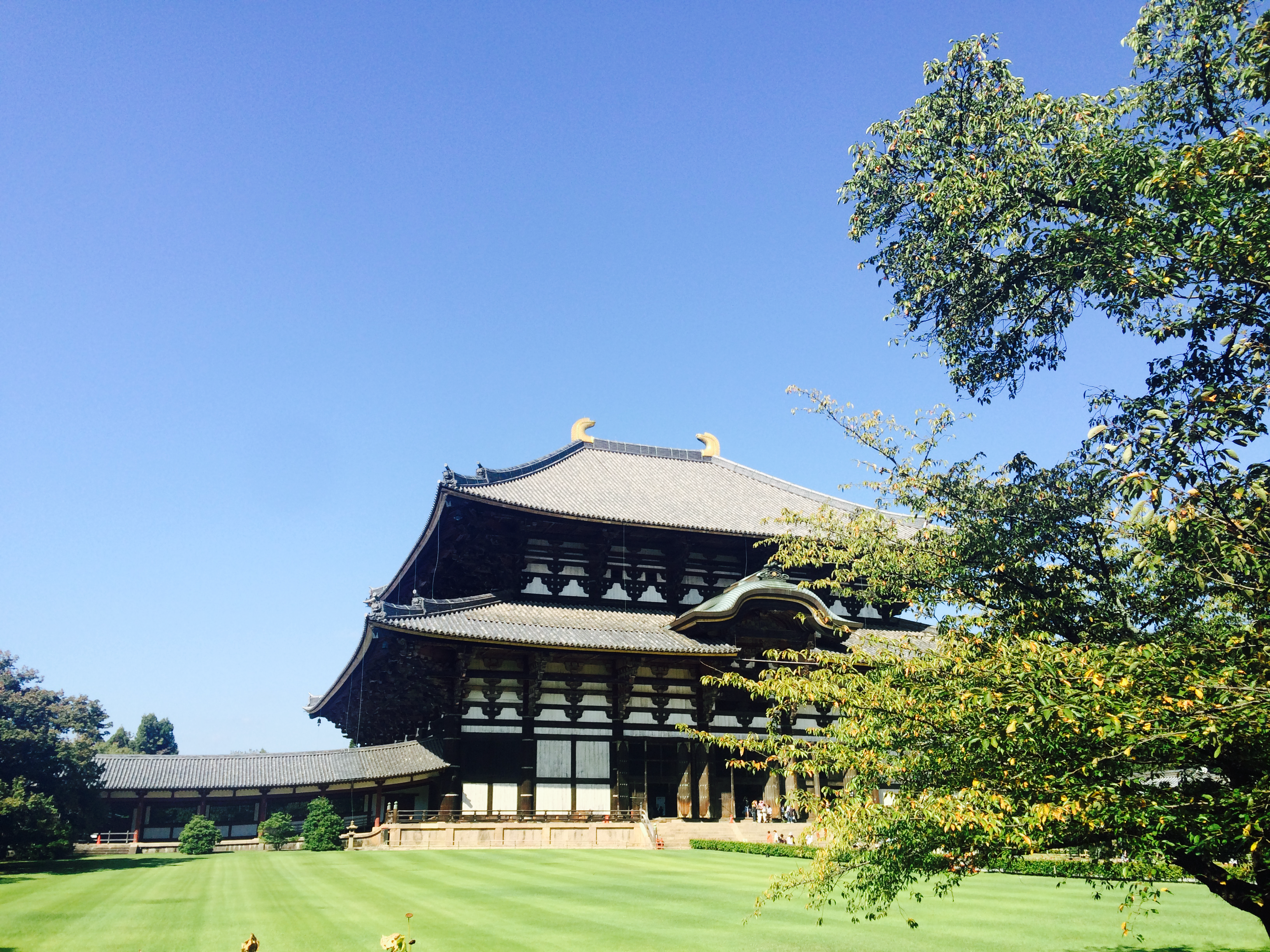Japan in the Fall
Updated 2025
Late in September, we flew into Kansai International Airport (KIX) in Osaka. When I travel to Japan, more often I fly into Tokyo though I remembered from my 2010 trip, Osaka airport is easy to navigate. It’s quite an impressive hub.
Travel Voice reported that nearly 7 million international passengers flew through Kansai Airport in 2014, outnumbering Japanese traveller for the first time. These numbers would all drop after 2019 with recovery over the past couple of years. In anticipation of the World Expo held in Osaka from April 13 to October 13, 2025, the Kansai airport has increased its capacity. More international and domestic travel is also expected.
For our 2015 Japan trip, we timed our flights from Singapore, Hong Kong, and Vancouver within a reasonable timeframe to take the train together into Osaka, our first stop on our first family trip in years.
There are several ways to get to Osaka from Kansai Airport (KIX). Here’s a great train travel resource on the airport website.




Osaka
I sat with my dad on the train and settled into the ride catching up and looking out at the changing scenery. Singapore was under seven hours to Osaka. While the flight from Vancouver is about four hours longer, there is a large time difference that makes jet lag and travel fatigue much more pronounced for my parents and sister. We were all tired regardless and looked forward to unwinding after we checked into our two rooms.
With dinnertime approaching, we got ready and went in search of some food. Japan does not lack in choices.
Nara
After a day of relaxing, adjusting to the local time, and carousing the department store food basement, we left late morning the next day for our first outing, a short train ride away.
Nara was Japan’s first permanent capital (710 to 784) though for the casual tourist, it’s now well-known for the friendly deer. Revered as messengers of God, these wild deer are free-roaming, a star attraction of Nara Park. They are used to being fed so they can be insistent and it’s best not to tease them with food. In case you don’t have any on hand, you can purchase deer-friendly crackers. We quickly spotted them on the hills when we first entered the park.



Kasuga Taisha and Todaiji
We casually walked through the park, with no plans. Deer was everywhere, first in the distance and then outside the stores we were browsing. Friendly. And photogenic.
Nara has significant and important cultural and religious sites and on our scroll to Nara Park and Todaiji, we also visited Kasuga Taisha. This is a Shinto shrine that is famous for its 8th century architecture style and 3,000+ bronze and stone lanterns. It’s free to roam the grounds while the inner area requires an admission fee. Here you can also find ema plaques, which are burned in rituals (ema kuyo) to release the messages and prayers written on them. Ema plaques come in designs that represent the Shinto temples. You can either find instructions in English or you can inquire when you purchase them at the small booths. Often you can leave money in the box provided.
Todaiji, or the “Great Eastern Temple”, is located at the northern end of Nara Park. Built in 752 to be the head temple of Buddhist temples, Todaiji also holds historical significance in its influence on the government. The nearly 50-foot tall seated bronze Buddha in the temple’s main hall is one of the largest in Japan. Entrance to Daibutsuden Hall, where the buddha is located, requires a fee. Given the late hour and the throngs of people, we decided to skip it. The temple my mom was interested in was Fushimi Inari-taisha in Kyoto, which is on our itinerary. And it’s not because of the thousand torii.
When we visited Todaiji, it was extremely crowded, including several school tours. We watched a photographer coordinating a group photo while the deer investigated him and his gear.












You can get to Nara from Osaka via Japan Railways (¥510 – ¥820) and Kintetsu Railway (¥680 – ¥1,300). [Prices updated 2024]. Each railway offers multiple trains and times.
On JR Railways, it is a direct train that takes about 30 minutes and you can use your JR Pass. It goes from JR Osaka Station to JR Nara Station,
On Kintetsu Railway there is a limited express and an express train. The limited express from Osaka-Namba Station takes about half an hour and while it’s shorter than the express train by a few minutes, it costs about twice as much. ¥680 compared to ¥1,200 to 1,300. The current exchange rate is about 1USD to ¥144. So even the most expensive ticket is less than $10USD.
Nara Park is a short walk from Kintetsu Nara Station. It’s further from JR Nara Station and takes over 15 minutes on foot. You can also take the bus, which is what we did, to get to the park. Here’s a guide to taking the bus in Japan, which can be confusing.
More Info Visit Nara | Nara Park | Kasuga Taisha | Todaiji | Nara National Museum
